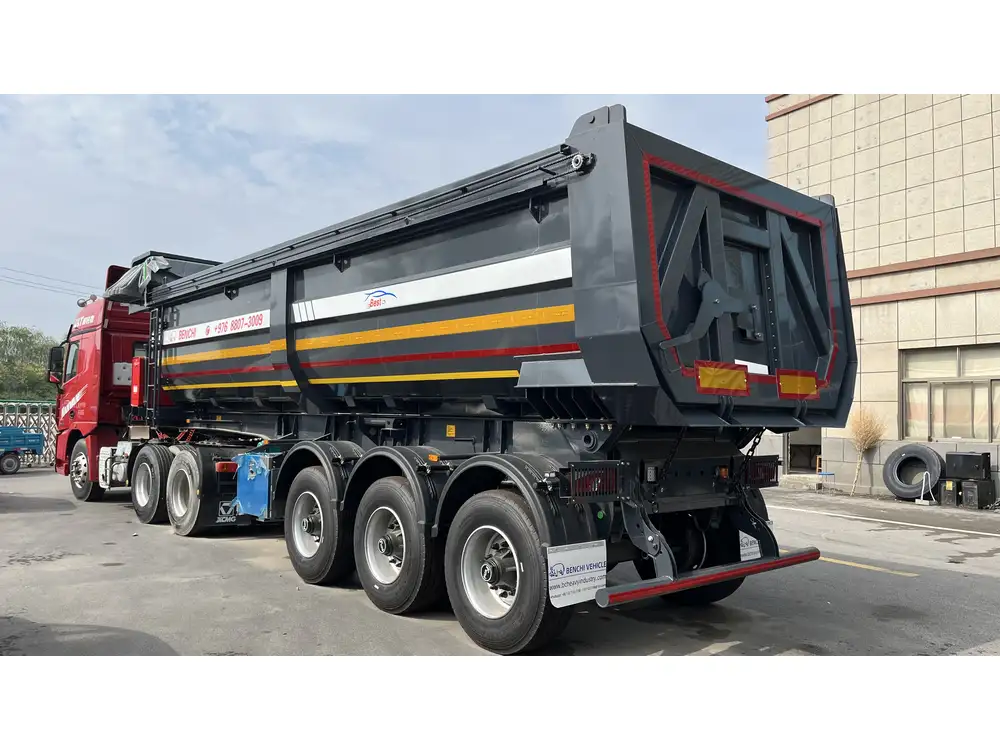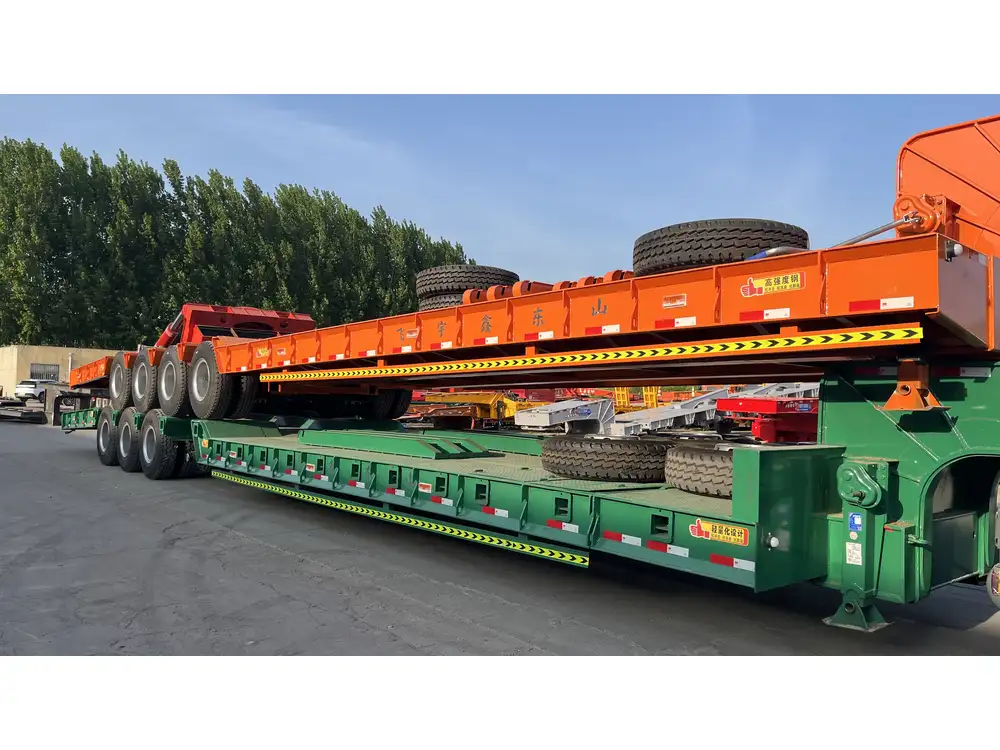When it comes to enjoying the great outdoors in a tent trailer, ensuring you have the right equipment is essential for a successful experience. One crucial component that often poses a question is the size of the propane tank needed for your tent trailer. This guide will delve deeply into the various factors that influence your decision, provide comparisons, and offer practical solutions to optimize your camping experience.
Understanding Propane Usage in Tent Trailers
Propane Uses in Tent Trailers
Tent trailers typically use propane for various functions:
- Cooking: Most tent trailers come equipped with a stove that requires propane, a significant component of outdoor cooking.
- Heating: For those chillier nights, many trailers have propane heaters to maintain a comfortable temperature.
- Water Heating: Propane can also be utilized to heat water for showers, dishwashing, and more.
Each of these functions requires a different amount of propane, making it essential to know how much you may need during your camping trip.

Average Propane Consumption
To determine the size of the propane tank suited for your tent trailer, it’s essential first to understand how much propane you can expect to consume during a typical weekend camping trip. Below is an average breakdown:
| Use Case | Approximate Consumption per Hour | Total Hours for 2 Days |
|---|---|---|
| Cooking (Stove) | 0.5 gallons (1.2 lbs) | 4 – 10 hours |
| Heating | 0.5 gallons (1.2 lbs) | 4 – 8 hours |
| Water Heater | 0.2 gallons (0.45 lbs) | 2 – 4 hours |
Estimating Total Propane Needs
Based on the table above, if you were to use your cooker for approximately 6 hours, your heater for about 6 hours, and your water heater for 3 hours during a weekend trip, your estimated propane usage would be:
- Cooking: 0.5 gallons x (6/10) = 0.3 gallons
- Heating: 0.5 gallons x (6/8) = 0.375 gallons
- Water Heating: 0.2 gallons x (3/4) = 0.15 gallons
Total propane needed: 0.3 + 0.375 + 0.15 = 0.825 gallons.
These values serve as a baseline but can vary depending on your specific usage, weather conditions, and the size of your group.
Propane Tank Sizes and Their Capacities
Cylinders come in various sizes, each with its attributes. Here is a summary of the most common tank sizes used in camping:
| Tank Size | Capacity | Approx. Weight | Best for |
|---|---|---|---|
| 1 lb | 0.236 gallons | 1 lb | Small, portable grills |
| 5 lb | 1.2 gallons | 5 lbs | Short trips, light use |
| 10 lb | 2.36 gallons | 10 lbs | Weekend outings |
| 20 lb | 4.73 gallons | 37 lbs | Extended camping trips |
| 30 lb | 7.06 gallons | 58 lbs | Longer trips, larger groups |
| 40 lb | 9.46 gallons | 86 lbs | RVs, long-term camping |

Recommended Tank Sizes for Tent Trailers
When choosing the ideal propane tank for your tent trailer, consider the following common scenarios:
Short Weekend Trips: Opt for a 10 lb tank. This size offers a balance between portability and enough propane for cooking and heating without excessive weight.
Extended Weekend/Long Trips: A 20 lb tank is advisable. It provides ample propane for groups and extended usage, ensuring comfort without the hassle of frequent replacements.
Heavy Use or Large Groups: If you plan to camp with multiple people or frequently use propane for cooking and heating, a 30 lb tank could be your best option. It offers a substantial capacity that can last several days.
Calculating How Long Propane Will Last
With propane needs assessed and tank size chosen, understanding how long your propane will last during a camping trip is equally important. The table below can guide you:
| Tank Size | Gallons in Tank | Typical Usage per Day | Days of Use |
|---|---|---|---|
| 10 lb | 2.36 gallons | 0.75 gallons | Approx. 3 days |
| 20 lb | 4.73 gallons | 0.75 gallons | Approx. 6 days |
| 30 lb | 7.06 gallons | 0.75 gallons | Approx. 9 days |
Considerations for Propane Duration
Keep the following factors that may affect your propane tank’s lifespan in mind:
- Cooking frequency: Increased cooking demands will deplete your propane faster.
- Occupancy: More people typically require more propane for heating and cooking.
- Weather conditions: Colder weather can increase heating needs significantly.

Transporting and Storing Your Propane Tank Safely
Ensuring safety in handling propane tanks is crucial for a hassle-free camping experience. Here are some tips:
Transportation
- Secure the Tank: Always ensure the tank is secured in an upright position in your vehicle. This prevents spills.
- Ventilation: Ensure proper ventilation in the vehicle while transporting the tank. Propane is flammable.
Storage
- Store Upright: Always store propane tanks in an upright position and in a well-ventilated area.
- Avoid Extreme Temperatures: Keep away from direct sunlight and high temperatures to prevent over-pressurization.

Troubleshooting Common Propane Issues
Low Pressure or Flame Size
If you’re experiencing insufficient flame height or pressure while cooking, consider these steps:
- Check if the tank is nearly empty.
- Inspect for leaks using soapy water on connections. If bubbles form, a leak is present.
- Ensure that the regulator functions correctly. A malfunctioning regulator can lead to pressure issues.
Inconsistent Heating
If your heater is not heating consistently, you may need to examine the following:
- Propane supply: Ensure there is sufficient propane.
- Blockage: Check for obstructions in vents or heater elements that may hinder airflow.

Conclusion: The Best Propane Tank for Your Tent Trailer
In summary, selecting the optimal propane tank for your tent trailer is influenced by several factors, including your planned activities, duration of the trip, and the number of people in your group.
- For brief outings, a 10 lb tank suffices.
- For longer excursions, consider the 20 lb tank.
- For heavy usage, the 30 lb tank will accommodate more extensive needs.
By understanding your propane consumption and making an informed choice on tank size, you can maximize your tent trailer experience and enjoy the great outdoors to the fullest. Remember, proper handling, storage, and periodic checks of your propane setup ensure a safe and enjoyable journey.
This guide serves to equip you with the necessary knowledge for making an informed decision on your propane needs. Be prepared, stay safe, and enjoy the adventure that awaits you!



